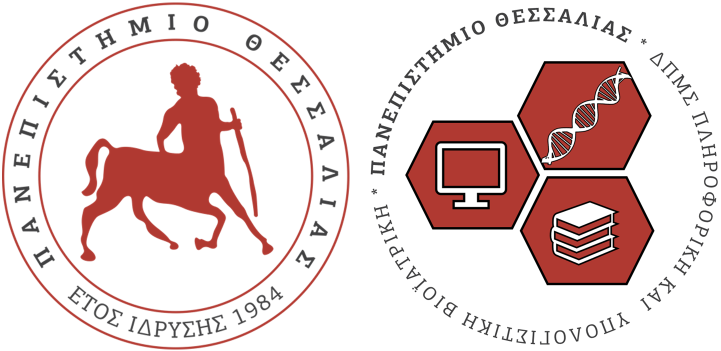OPEN, DISTANCE AND ADULT EDUCATION AND TRAINING.
Second Semester
7.5 ECTS
Coordinators:
Vassilios Drakopoulos, Panagiotis Stasinakis
Teachers:
Vassilios Drakopoulos, Panagiotis Stasinakis
Click on the attachment to view or download the course outline.
Open and distance learning and adult education
Description.
Open and traditional education: traditional higher education systems, open higher education systems. Special educational tools – methods: Distance education, existence – design of special educational material, requirements from lecturers, how distance education serves open education, the organization of distance education, modular system. Relationships between teachers and learners: relations of open and distance education with educational and social institutions, as well as its basic functions. Distance education and its characteristics (industrial-capitalist society, removal of space from time, extraction of mechanisms and specific systems, flexibility, individualisation). Learning conditions, teaching methods, educational tools, theories for the curriculum in adult education. Learning basic skills. Communication and team dynamics.
The educational material and Technologies of Informatics in Education:
Bibliography:
1. Vergidis D., Lionarakis A., Lykourgiotis A. and Matralis H., “Open and distance education: institutions and functions” Volume A’, E.A.P., Patras 1998
2. Dimitriadis St., Karagiannidis C., Tsiatsos Thr. and Pobortsis An., “Flexible learning using information and communication technologies”, Ed. Tziola, Thessaloniki, 2008.
3. Karoulis, “Open and distance education: From theory to application”, Ed. Tziola, Thessaloniki, 2007.
4. Karoulis Ath. Tziola, Thessaloniki, 2006.
5. Kokkos Al., “Adult Education. Metahmio, Athens, 2005.
6. Kokkos A. and Lionarakis A., “Open and distance education: relations between teachers and students”, Volume B, E.A.P., Patras 1998.
7. Kokkos A., Lionarakis A., Matralis C. and Panagiotakopoulos C., “Open and distance education: the educational materials and new technologies” volume C’, E.A.P., Patras 1998
Written Examination with two optional written assignments.
- PAPASIOPOULOU 2-4, LAMIA.
-
Secretariat of the MSc. .: 3rdklm. P.E.O. Lamia - Athens, 35100, Lamia,
Tel: 22310 – 60225 60226 - icb [at] dib.uth.gr


